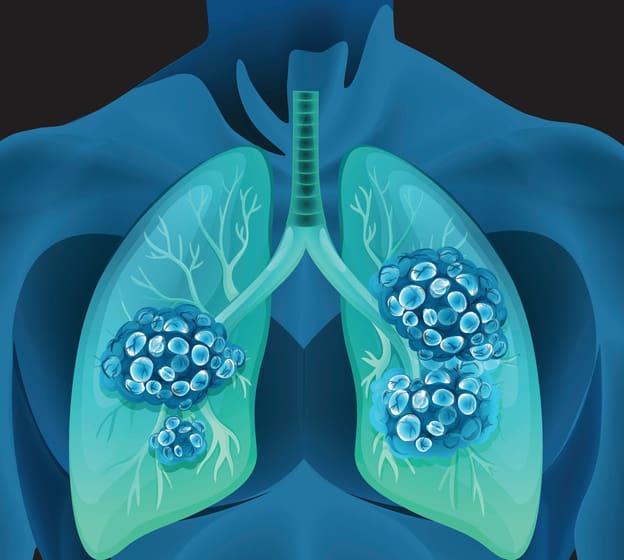Coverage for lung cancer screening has been expanding in the private market, even before a decision last week to have Medicare cover it for more patients.
The Centers for Medicare and Medicaid Services announced the national coverage determination Thursday, expanding coverage for low-dose computed tomography for Medicare patients in line with current recommendations, like those from the U.S. Preventative Services Task Force.
The decision expands eligibility so that people with Medicare can get lung cancer screening with LCDT starting at age 50, down from 55. Separately, the screening is now covered by Medicare for people whose smoking history includes consuming 20 packs per year. Previously, LCDT was only covered by Medicare for those who smoked 30 packs per year. While most Medicare beneficiaries are 65 and older, younger people with chronic conditions like kidney failure are also covered by the governmental insurer.
The announcement from Medicare shows that the agency is catching up to coverage already offered by private insurers.
“UnitedHealthcare commercial has already implemented (coverage) consistent with USPSTF guidance,” said Heather Soule, a spokesperson for the nation’s largest insurer, in an email.
Ethan Slavin, a spokesperson for Aetna echoed that.
“Our clinical policy bulletin for commercial members is based on USPSTF guidelines,” he said in an email. Posted online, the lung cancer screening policy lays out that, “Aetna considers annual low-dose computed tomography (LDCT) scanning, also known as spiral CT or helical CT scanning, medically necessary for current or former smokers ages 50 to 80 years with a 20 pack-year or more smoking history and, if a former smoker, has quit within the past 15 years.”
Anthem, Cigna and Humana and the industry trade group AHIP did not respond to requests for comment Friday for more information on commercial coverage for lung cancer screening.
LCDT is a specialized type of CT scan screening that uses computers to generate high-quality images of the lungs with the aim of detecting abnormal areas that may be non-small cell lung cancer. It’s the only recommended screening for lung cancer, a leading cancer killer.
CMS’ coverage decisions, in addition to being binding for Medicare Advantage plans provided by private insurers, also frequently influence coverage patterns in the private market. However, in some instances – as in the case of LDCT screening in lung cancer — private insurers offer more robust coverage or cover services not yet covered by Medicare.
Photo: blueringmedia, getty images
The report, Resilience in volatility: Modernizing the supply chain, highlights three areas that Fortune 500 and mid-size companies need to address to implement technology such as machine learning, cloud computing and risk management tools to improve production and delivery.
This content was originally published here.

I bring content to you in one place.

